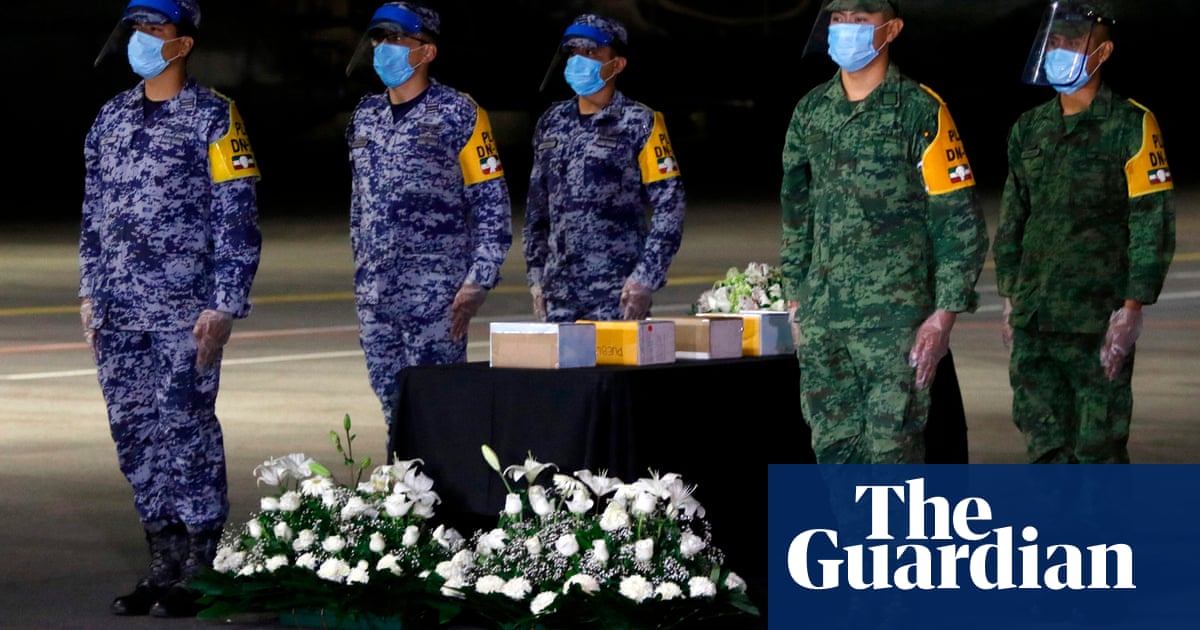
The World Health Organization has reported another record of the increase in the number of confirmed coronavirus cases in a 24-hour period, by more than 230,000. The previous world record was on Friday, with more than 228,000 new cases worldwide.
According to the Johns Hopkins University tracker, which is based on official government data, a total of about 12.9 million cases worldwide and 568,296 deaths were recorded early Monday.
The true world totals for infection and death are likely to be higher due to reporting delays, different definitions and test rates, and suspected underreporting in some countries.
The UN health agency said Sunday that the United States again topped the list, with more than 66,000 cases registered. Florida confirmed the largest one-day increase in cases for a US state on Sunday, with 15,000 new cases.
California held the previous record for daily positive cases, 11,694, which was set on Wednesday. New York had 11,571 on April 15. The numbers come at the end of a week, where Florida reported 514 deaths, an average of 73 per day. Three weeks ago, the state averaged 30 deaths per day.
In Texas, a 30-year-old patient died after attending a “Covid party,” believing the virus to be a hoax, a Texas medical official said. Dr. Jane Appleby, medical director of the San Antonio Methodist hospital, explained that a “Covid party” is a meeting organized by someone diagnosed with coronavirus to see if the virus is real and to see if someone gets infected.
According to the WHO report, the largest increases in cases were from the United States, Brazil, India and South Africa.
South African President Cyril Ramaphosa said Sunday the country would immediately re-ban the sale of alcohol to reduce the number of trauma patients, so that hospitals have more beds to treat Covid-19 patients.
With the increase in hospitalizations due to the coronavirus, South Africa is also re-establishing a night curfew to reduce traffic accidents and has made it mandatory for all residents to wear face masks in public.
Ramaphosa said senior health officials had warned of the impending shortage of hospital beds and medical oxygen as South Africa reaches its expected peak between the end of July and September.
South Africa accounts for 40% of all confirmed cases in Africa, with 264,184, including 3,971 deaths, according to the Centers for Disease Control and Prevention in Africa.
According to the WHO, global deaths remain constant at around 5,000 per day. But some countries are seeing their own fatality records drop.
Mexico became the country with the fourth highest number of deaths worldwide late on Sunday, beating Italy, with at least 35,006 deaths in the course of the pandemic so far. Italy has recorded 34,954 deaths.
The Philippines broke its own one-day record of reported deaths, as the Health Ministry confirmed 162 new deaths on Monday. However, an official explained that of the 162 victims, more than half died in June and a third in July, adding that the ministry hoped that more would be reported amid data reconciliation efforts.
The ministry said total deaths reached 1,534, while confirmed infections increased 2,124 to 56,259.
Other key developments include:
-
AustraliaThe hardest hit state, Victoria, recorded 177 new cases on Monday, up from 273 cases on Sunday and a record 288 on Friday. Health chief Brett Sutton said it was too early to say if the lower count meant the spread was being contained.
-
The pandemic has caused an “unprecedented educational emergency” with up to 9.7 million children affected by school closings at risk of never going back to school, Save the Children warned Monday.
-
New ZealandThe health minister expressed dissatisfaction with Australia’s plan to resume deportations amid the coronavirus pandemic. A secure isolation hotel in Auckland is being prepared to quarantine 30 New Zealand deportees from Australia, eight of whom are being held at the Melbourne virus point.
-
Honduras It will extend its curfew for another week in an effort to control the pandemic, the security ministry said Sunday. Honduras imposed a curfew for the first time in March, but in recent weeks the government has been talking about slowly reopening businesses to help the economy.
.